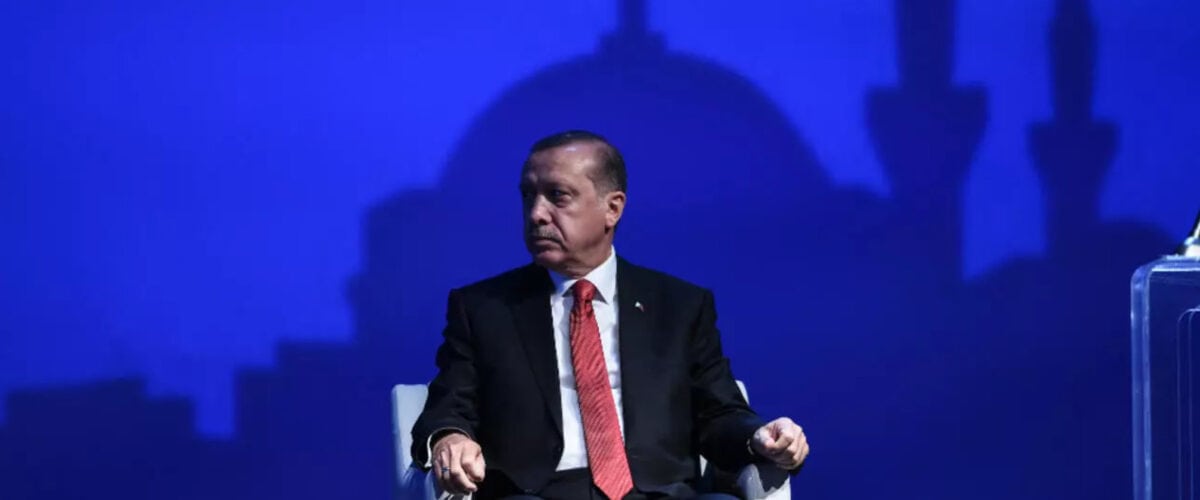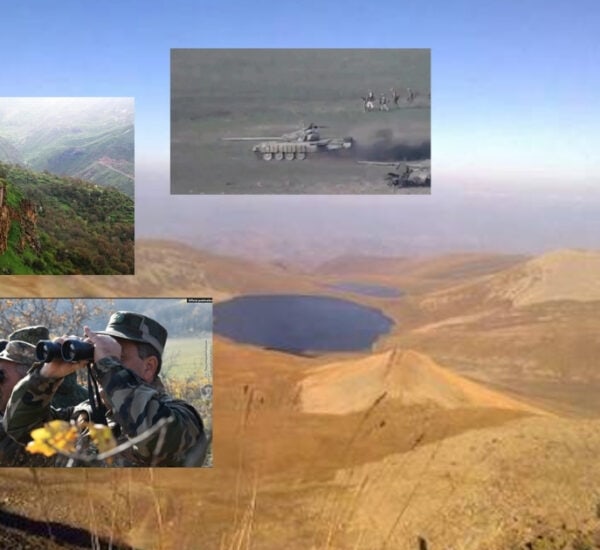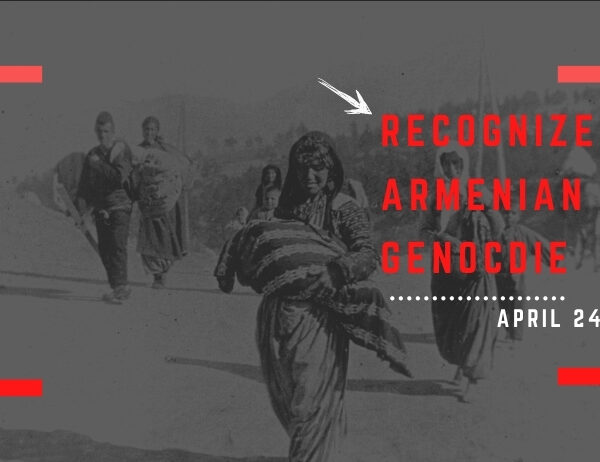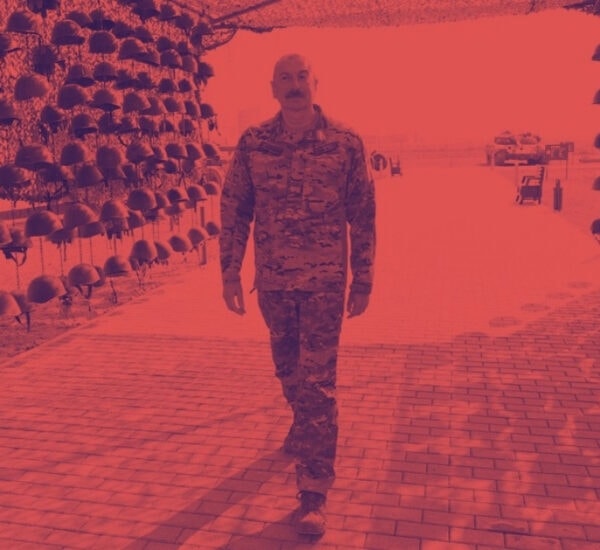The events that took place on February 25 can be considered historical in the sense that
on the same day Turkey officially supported Pashinyan twice, condemning the
unofficially confirmed attempt at a military coup in Armenia.
The first statement was made by Turkish Foreign Minister Mevlut Cavusoglu in Budapest, and the second statement was made by Erdogan’s spokesman Ibrahim Kalin.

More specifically Cavusoglu said, “We view the unfolding situation as a coup attempt and unequivocally condemn it. Turkey always sides with democracy and the free will of citizens – wherever in the world they may come under attack” ???
Let us remind you that on February 25 the Armenian General Staff ” Onik Gasparyan” demanded the resignation of the Prime Minister of Armenia, saying that the political leadership is leading the state to a dangerous brink.
This happened after the head of government dismissed the first deputy chief, Lieutenant General Tiran Khachatryan, who had earlier criticized the prime minister’s statements about Iskander.
Read: General Tiran Khachatryan files a lawsuit to be reinstated as first deputy chief of general staff
In response, Prime Minister Nikol Pashinyan announced an attempted coup and called on citizens to gather in Republic Square in order to “defend the revolution.” He also said that he had signed a decision to dismiss Onik Gasparyan, Chief of the General Staff of the Armenian Armed Forces, from his post. However, the president has not yet signed this document.
Turkey and Its Failed Democracy
There are few historical periods when democracy has been so highly praised and trampled on so openly, promoted so actively and so much disrespected, so important and so disappointing. Today, democracy has become a sine qua non of legitimacy.
Few governments want to be considered undemocratic. At the same time, the eligibility of the
applicants does not keep pace with the growing popularity of democracy.
Today, even outspoken dictators strive to attain the status that membership in a democratic club gives. Determined not to let any facts get in the way of their plans, these rulers have achieved perfection in democratic rhetoric, which has very little relation to the actual practice of the state
The statements of foreign and Turkish politicians, journalists and scholars that Turkey is a democratic country is based on a politically motivated delusion, and the manifestation of military control over politics and suppression of dissent in the country does not allow the adoption of democratic principles in full.
Western politicians have used Turkey as an example of a Western-friendly Muslim democracy since the beginning of the war on terrorism, in order to convince the Muslim world that they are not at war with Islam. Turkey was perfect for this, especially after the Arab Spring Revolutions of 2011, in which the people overthrew their dictators.
However, the history of the Republic of Turkey is quite far from democratic values, from its creation in 1923 in the early days of the sole rule of the founder Mustafa Kemal Ataturk right up to the current period of the Justice and Development Party (AKP) in power. As the Nazis struggled through the 1920s, Atatürk remained Hitler’s “star in the darkness
The interim period, which lasted 68 years and during which a multi-party system was created, was marked by three military campaigns and a “soft coup”, and the military during most of this time tightly controlled the political life of the country.
Since the republic’s founding, Turkey has experienced an extreme lack of minority rights, manifested by uprisings and harsh security measures, including extrajudicial executions, that have turned the country’s predominantly Kurdish southeast into a “war zone” for much of Turkey’s modern history.
Despite promises to reform the country and set the necessary standards for joining the European Union, the AKP has undermined democratization in Turkey through harsh repression of dissent and weakening the rule of law, he adds. Hence, the myth of Turkish democracy should be taken as nothing more than a fiction.
Turkey’s Elections
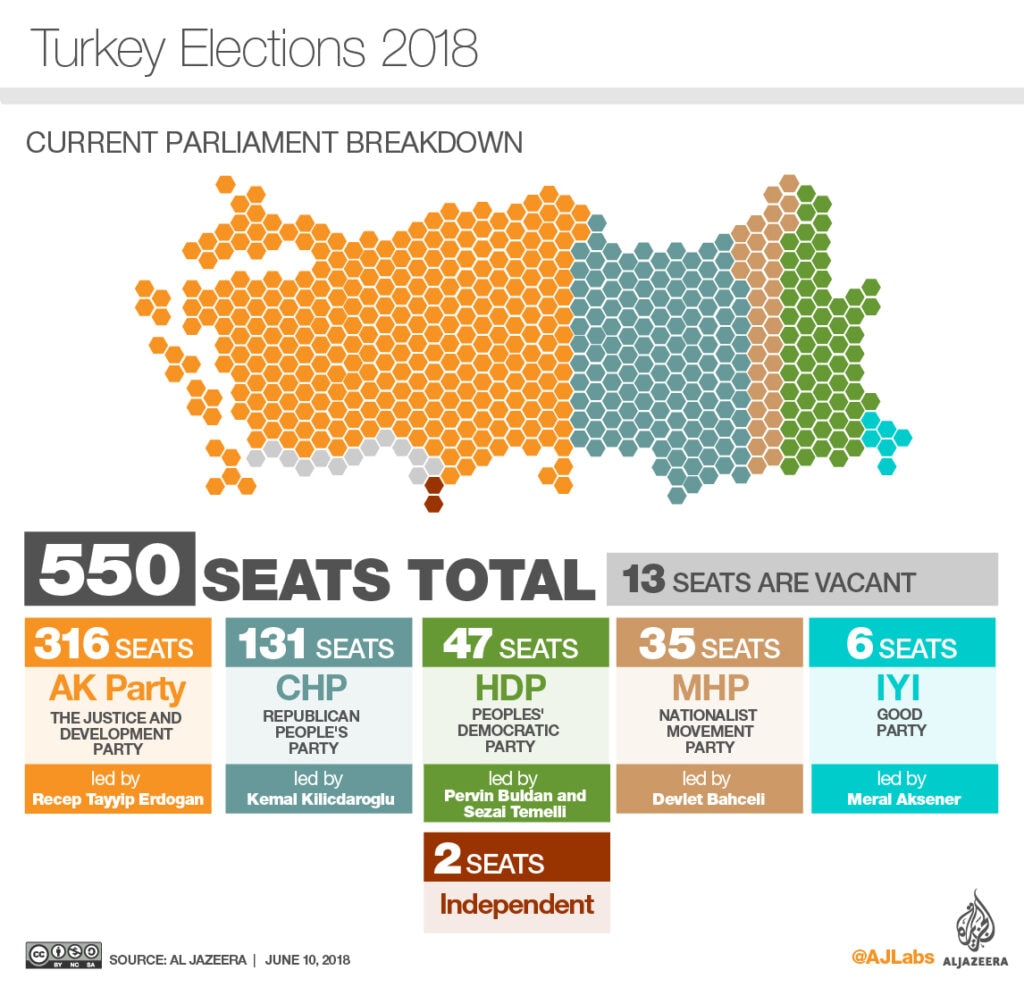
The new credentials from the previous elections gives Erdogan the right to directly appoint members of government and judges, and to govern the country through presidential decrees.
In the presidential elections, Erdogan managed to get the majority of votes despite the fact that the result of his Justice and Development Party (AKP) in the parliamentary elections fell to 42.5% from 49.5% received in 2015.
Yes, the election results are a great victory for Erdogan. But this is a big victory in a split country. As AKP supporters celebrate, the other half of the population is deeply disappointed with the outcome of the vote, which they perceive as the end of the democracy that was previously in Turkey.
Read about Turkey’s failed military coup in 2016
The Turkish opposition was able to greatly improve its results, but this was not enough. Despite allegations of electoral irregularities, the AKP has already declared its victory – and will defend this opinion at all costs. All of this is reminiscent of the 2017 referendum in Turkey, when a small majority in the vote paved the way for constitutional reform in the country.
The June 24, 2018 vote was the last opportunity to change that choice. This was the last breath of democracy for Turkey. And those citizens who voted for the opposition parties and for the values they defend will now have to look for a way to adapt to the new life in the country.
FREEDOM OF SPEECH (?)
In the annual rsf.org report, one can easily get access to the list of countries and their rankings taking into consideration people’s access to political rights and civil liberties.
Turkey, as mentioned before, represents itself as a democratic country that gives full freedom of speech, media and the right of voting to all of its citizens. However, in the list of RSF.org Turkey happens to be 154th out of 180 countries and named “the biggest jail for local and international journalism

JOURNALISM
Embed from Getty ImagesJournalists’ fears in Turkey have increased. Local media are concerned about censorship and restrictions on freedom of speech that have increased in the country recently.
Currently, 30 journalists are under arrest in Turkey. Hundreds of journalists were interrogated for their articles and books. According to Turkish journalistic organizations, during the reign of President Recep Tayyip Erdogan alone, 1,843 cases were filed against journalists and writers.
In addition, foreign correspondents and authors criticizing Erdogan and the ruling Justice and Development Party (AKP) continue to be arrested and deported from the country.
Democratic country right?
Turkey and Its Relations With The World
Former Turkish Foreign Minister Ahmet Davutoglu said in one of his latest interviews with the American Foreign Policy magazine, which included him among the top 100 thinkers in the world.
“When in 2003, as Prime Minister Erdogan’s chief adviser, I introduced the principle of ‘zero problems with neighbors’, many considered it a typical utopia. But in recent years, those thoughts have vanished. Today it is a reality. “No one expects a crisis between Turkey and one of its neighbors.”
Today, however, Turkey has problems with almost all of its neighbors, and it is noteworthy that in all cases, it was Turkey that initiated it, which testifies to its great regional and even international ambitions, as well as deliberate steps.
In the last few years, Turkey has:
- Launched three military incursions into Syria
- Sent military supplies and fighters to Libya
- Deployed its navy to the Eastern Mediterranean to assert its claims in the region
- Expanded its military operations against Kurdish PKK rebels in northern Iraq
- Sent military reinforcements to Syria’s last rebel-held province of Idlib
- Recently threatened a new military operation in northern Syria to confront “terrorist armed groups”.
- Sent Syrian mercenaries to Nagorna Karabagh Region.
The execution of the two men — identified by Armenian authorities as Benik Hakobyan, 73, and Yuri Adamyan, 25 — has been met with united condemnation. The Council of Europe are actively trying to verify the validity of the video and, if proven to be authentic, it is likely that the video would suffice as a war crime and action will be taken.
urkey doesn’t hide its military presence in countries such as Afghanistan, Somalia and
Qatar and maintains peacekeeping troops in the Balkans.
Moreover, according to the Russian State Duma member D. Milonov, “ Half of the terrorists in the world have the support of the Turkish side. The incident that took place in France is inspired by Erdogan. The terrorist situation is leading to a global catastrophe.
This situation may end with World War III, which Turkey will unleash and will not be able to extinguish. Turkey’s crazy ambitions to conquer half of the world must be prevented. Erdoողan’s sick, nightmares related to the Ottoman Empire have a negative impact on world stability. “All civilized humanity must be expelled from Turkey.”
Turkey’s assertive policy in Syria, Libya and the Eastern Mediterranean has not yielded
the results that President Erdogan’s ruling coalition hoped for.
Turkey could not fully get rid of Kurdish militia in Syria. Moreover, its status as an aggressor of the region remained the same. Now which part of this sounds like a democratic country actions to you and gives a moral right to Turkish government to have an opinion on Armenian political events.
